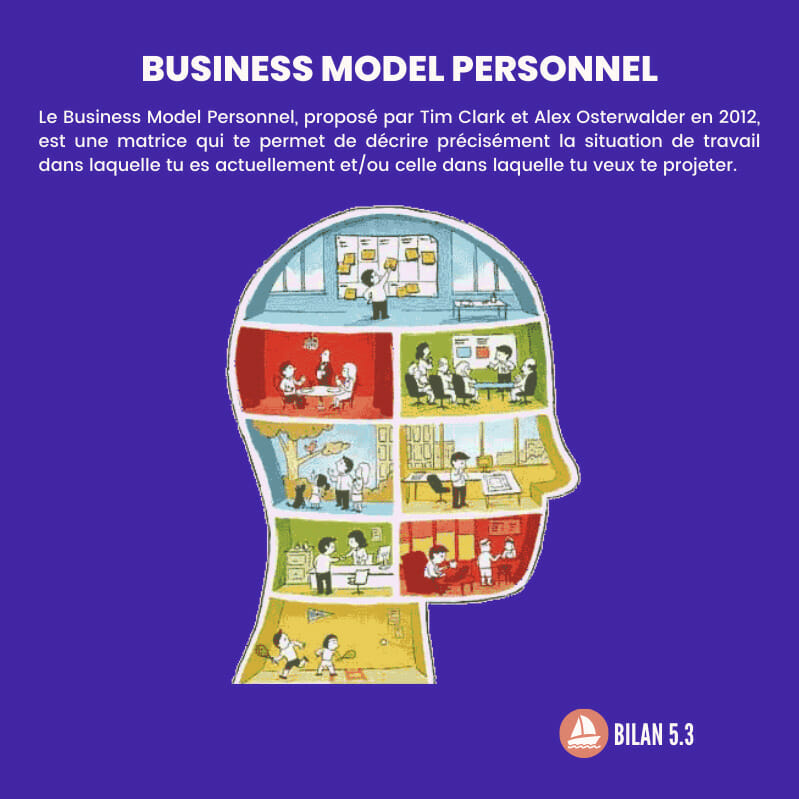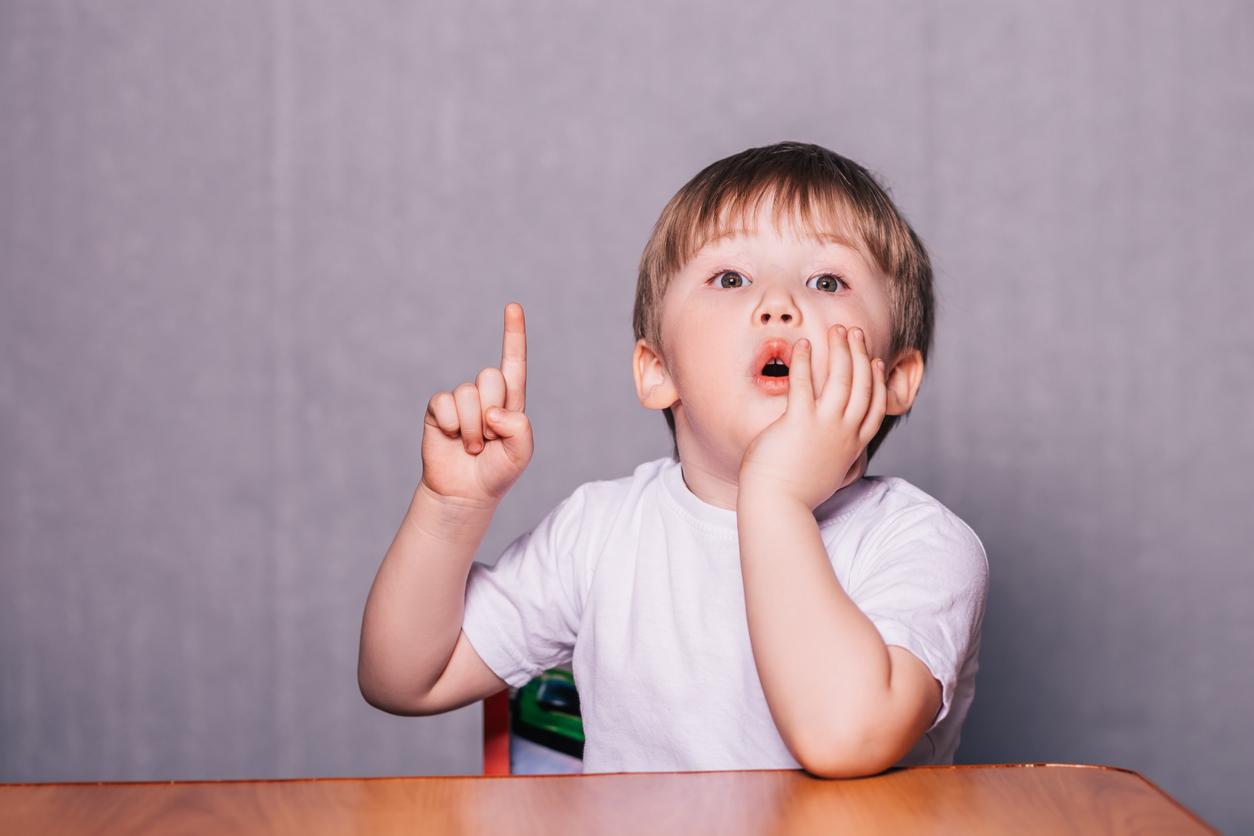As we know, television has (globally) a negative impact on the health of our children: between obesity, sleeping troubles and hypertension, she is often the pet peeve of young parents …
A new American study published in the Journal of Children and Media, a scientific journal, comes to load the boat a little more against the small screen: it would seem that the abuse of television (even by way of background sound) is harmful for the language development in toddlers …
In this study, parents and babies aged 12, 24 and 36 months played together for 1 hour, while the television was left on in the background. As a result, the researchers observed that when the television broadcast programs in the background, parents spoke less to toddlers.
Consequence: babies (whose language development depends largely on the words spoken by their parents) were much less likely to speak and, therefore, had less easy access to language …
Television, that ideal babysitter
“Television, even in the background, has a negative impact on the quality and quantity of sentences adults say to their children,” explains Tiffany A. Pempek, author of the study. Therefore, television should be avoided as much as possible in the presence of a baby and especially during play sessions with parents. “
No question, therefore, of using the television as a baby-sitter to be quiet: the French Association of Ambulatory Pediatrics (AFPA) recommends not to expose babies to television before 3 years old and, then, to limit their consumption to a few tens of minutes per day, no more. But in the United States, a six-month-old baby watches TV for an average of 1.5 hours a day …
And you, do you allow your child to watch TV? If so, how long per day? We talk on the forum.

















